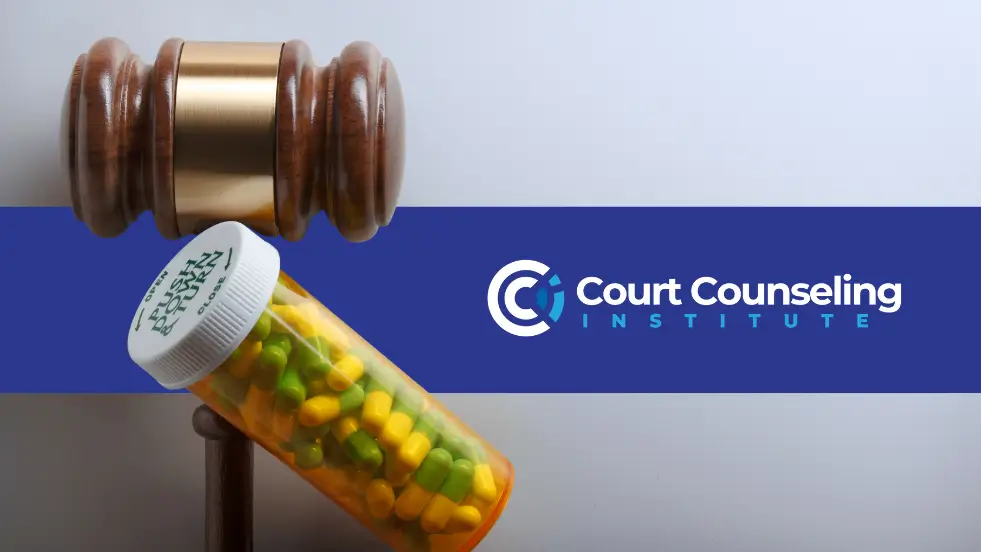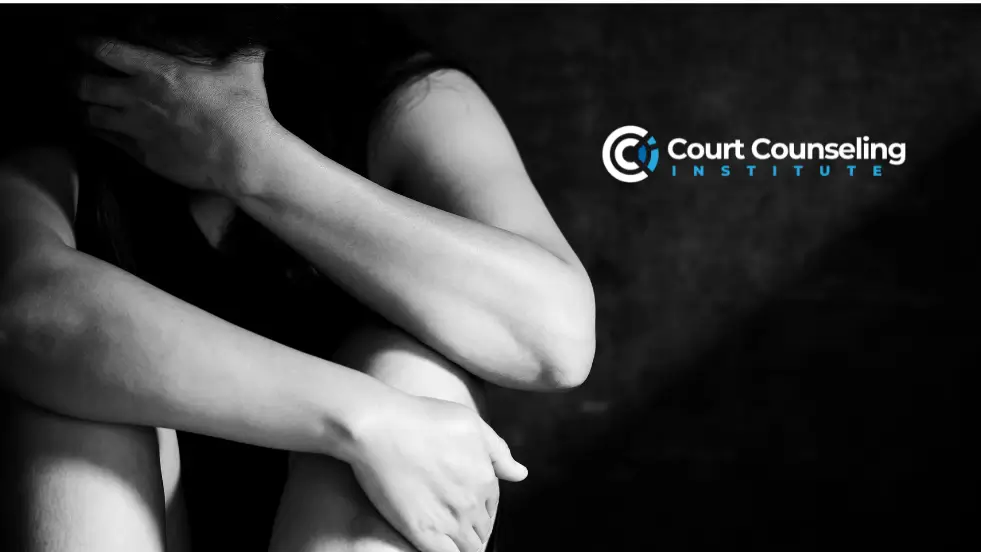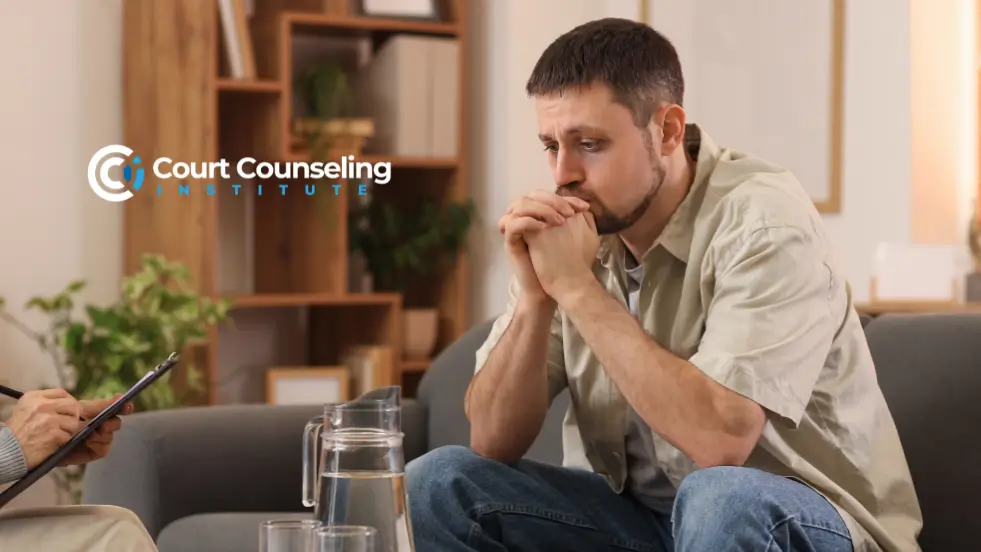
The Silent Warning Signs of Substance Abuse
Substance abuse often begins quietly, slipping into a person’s life without dramatic changes or immediate alarm. In the beginning, it might look like harmless experimentation or a coping mechanism for stress, something easy to overlook or rationalize. But those early signs of substance abuse, a shift in behavior, changes in mood, neglect of responsibilities, are often the first indicators that something deeper is unfolding.
It’s easy to miss these subtle warning signals, especially when the person appears to be functioning well on the surface. However, ignoring them can lead to a growing problem that becomes harder to address over time. Substance abuse rarely resolves on its own. Without early recognition and action, what seems minor today can develop into a cycle of dependence that affects every part of a person’s life, from their health and relationships to their work and mental well-being.
In this blog post, we’ll take a closer look at how to identify the early signs of substance abuse, why they matter, and how to respond when you notice them. Recognizing the signs early gives you the chance to support change before the situation becomes more serious, because awareness is often the first step toward healing.
Why It is Important to Recognize Signs of Substance Abuse Early
You might be wondering: why is spotting the signs of substance abuse so important? After all, many people experiment or go through phases that might look similar at first. What really matters is how those behaviours change over time and how they affect someone’s life.
The Danger of Delaying Intervention
Substance abuse often starts subtly, maybe with occasional use or behaviour changes that seem harmless at first. But the truth is, it can escalate quickly. What begins as casual use can turn into dependence, addiction, or even lead to serious health and legal consequences if it goes unnoticed. That’s why recognizing the warning signs of substance abuse early is so important.
Waiting too long to take action can result in a full-blown addiction. Relationships with family and friends can suffer or break down entirely. Both mental and physical health may decline, sometimes in ways that can’t be reversed. It can also lead to legal problems, like going to court or even ending up in jail. These outcomes are far more common when signs of substance abuse problem are ignored.
On the other hand, early intervention, when someone is just beginning to show the common signs of substance abuse, can help someone start getting better before things get worse. Whether it’s behavioural shifts, emotional changes, or noticeable physical signs of substance abuse, identifying these signs and symptoms of substance abuse early can dramatically improve someone’s chances of getting better. For legal professionals, recognizing the signs of substance abuse also allows for more informed decisions and better support for clients in need. The Court Counseling Institute can provide valuable resources and guidance to help intervene effectively and support recovery.
What Are the Most Common Symptoms and Signs of Substance Abuse?
So, how do you actually spot substance abuse early? The common signs of substance abuse tend to fall into three broad categories: behavioural, emotional, and physical. Let’s look at each in more detail.
Behavioural Changes
One of the first noticeable signs of substance abuse is a shift in behaviour. People who begin using substances often isolate themselves, avoiding friends and family to hide their actions. They may become secretive or vague about where they’ve been, and start neglecting responsibilities at work, school, or home. Changes in social circles, especially spending time with others who use substances, can be another red flag. When confronted, they may respond with denial or defensiveness. These are some of the earliest and most common signs of substance abuse, and when observed together, it can signal deeper signs of substance abuse problem.
Emotional and Mental Signs
Substance abuse doesn’t just affect the body, it deeply impacts a person’s mood and mental health. Some of the warning signs of substance abuse include frequent mood swings, increased anxiety, paranoia, or emotional outbursts. A person may also seem depressed, hopeless, or lose interest in things they once enjoyed. These are common signs of substance abuse problem and can overlap with other mental health issues, and making them harder to spot. Still, emotional instability is one of the key signs and symptoms of substance abuse, and when combined with behavioural or physical signs of substance abuse, it should never be ignored.
Physical Signs of Substance Abuse
There are several physical signs of substance abuse that can signal a deeper issue. These common signs of substance abuse include bloodshot or glassy eyes, sudden weight changes, poor hygiene, slurred speech, and trouble with coordination. You might also notice tremors, excessive sweating, frequent injuries, or unusual odors on a person’s breath or clothing. These physical symptoms, especially when paired with behavioural shifts, are strong warning signs of substance abuse. They reveal more serious signs of substance abuse problem, developing beneath the surface. Recognizing these early signs and symptoms of substance abuse can help guide someone toward the support they need. The Court Counseling Institute offers expert assistance and resources to help identify these warning signs early and provide effective intervention strategies.

How to Differentiate Between Experimentation and Signs of Substance Abuse
It’s normal for some people, especially teens and young adults, to be curious and experiment with substances. The tricky part is knowing when that experimentation crosses the line into a substance abuse problem. Key Differences to Watch For:
Frequency and quantity
Experimenting with substances tends to be occasional and infrequent. But one of the common signs of substance abuse is when use becomes regular or the person starts taking larger amounts. This shift in behaviour is one of the early warning signs of substance abuse and shouldn’t be overlooked.
Impact on daily life
A major sign of a substance abuse problem is when it starts to affect daily life. Trouble at work, school, or in relationships can point to deeper issues. In contrast, someone experimenting typically doesn’t see these disruptions. These impacts are serious signs and symptoms of substance abuse worth addressing.
Loss of Control
Someone experimenting usually maintains control over their substance use. But losing that control is a key sign of substance abuse. If a person tries to stop or cut back and can’t, it’s one of the clearest signs of a substance abuse problem that may require help or intervention.
Denial and Secrecy
A person experimenting is often open about it, but someone dealing with addiction may hide or deny their behaviour. This secrecy is one of the more telling signs and symptoms of substance abuse. Hiding usage is among the more emotional and behavioural warning signs of substance abuse to look out for.
If you see multiple signs and symptoms stacking up, especially when they affect daily functioning, it’s time to consider this a serious concern. The Court Counseling Institute can provide the guidance and support needed to address these issues early and help individuals on the path to recovery.
The Growing Link Between Mental Health and Signs of Substance Abuse
One important trend to be aware of is the strong connection between mental health issues and substance abuse. Many people who struggle with anxiety, depression, trauma, or stress turn to drugs or alcohol as a way to cope. Unfortunately, this coping mechanism often worsens both the mental health condition and the substance use problem. Addressing both issues together is crucial for effective treatment and recovery.
Why This Matters for Early Detection
The overlap means that some signs and symptoms of substance abuse might actually stem from underlying mental health conditions, making it harder to spot the problem early. That’s why it’s critical to look at both mental health and substance use together. At Court Counseling Institute, our programs focus on integrated treatment, addressing both substance abuse and mental health issues to improve long-term recovery outcomes.

What to Do If You Notice the Signs of Substance Abuse
If you’ve spotted the common signs of substance abuse in someone, you might feel unsure about what to do next. Here are some steps that can help:
Approach With Compassion
-
-
Talk calmly and privately when noticing signs of substance abuse, without blaming, just show concern and offer your honest support.
-
Use “I” statements like, “I’ve noticed changes” a gentle way to express concern about common signs of substance abuse without sounding judgmental.
-
Listen more than you speak. Understanding their experience can reveal deeper signs and symptoms of substance abuse they may hide.
-
Encourage Professional Help
-
-
If you recognize warning signs of substance abuse, suggest professional help, like therapy, rehab, or support tailored for substance recovery.
-
Let them know signs of substance abuse problems don’t mean it’s hopeless, recovery is possible, and support is always available.
-
When legal issues arise with physical signs of substance abuse, suggest court-approved programs like Court Counseling Institute to guide recovery.
-
Offer Support
-
-
Offer help finding treatment resources when you see common signs of substance abuse, your support could make a big difference.
-
Be patient. Change takes time, especially when signs and symptoms of substance abuse are deeply rooted or emotionally driven.
-
Support them, but protect your own mental health if warning signs of substance abuse begin to affect your well-being too.
-
Remember, you can’t force someone to get help, but you can be a guiding presence that encourages recovery. The Court Counseling Institute is here to provide expert guidance and support every step of the way.
How Court Counseling Institute Supports Early Intervention and Recovery Through Recognizing Signs of Substance Abuse
If you or someone you care about is showing signs of substance abuse problems, Court Counseling Institute is here to help. We offer trusted, flexible, and court-approved counseling programs tailored to individual needs. Our experienced counselors specialize in both substance abuse and legal issues, providing support that’s compassionate and effective. With convenient online access, you can attend sessions from anywhere, in a confidential, judgment-free space. Whether you’re noticing common signs of substance abuse, physical signs of substance abuse, or more serious warning signs of substance abuse, early intervention matters. Our programs help address the signs and symptoms of substance abuse while supporting long-term recovery.
Recognize the Signs, Take Action Now: Get Help for Substance Abuse Today
Explore our court counseling programs today! Contact us to connect with professionals experienced in alcohol and substance misuse, who understand your journey and are ready to support your path to recovery.


